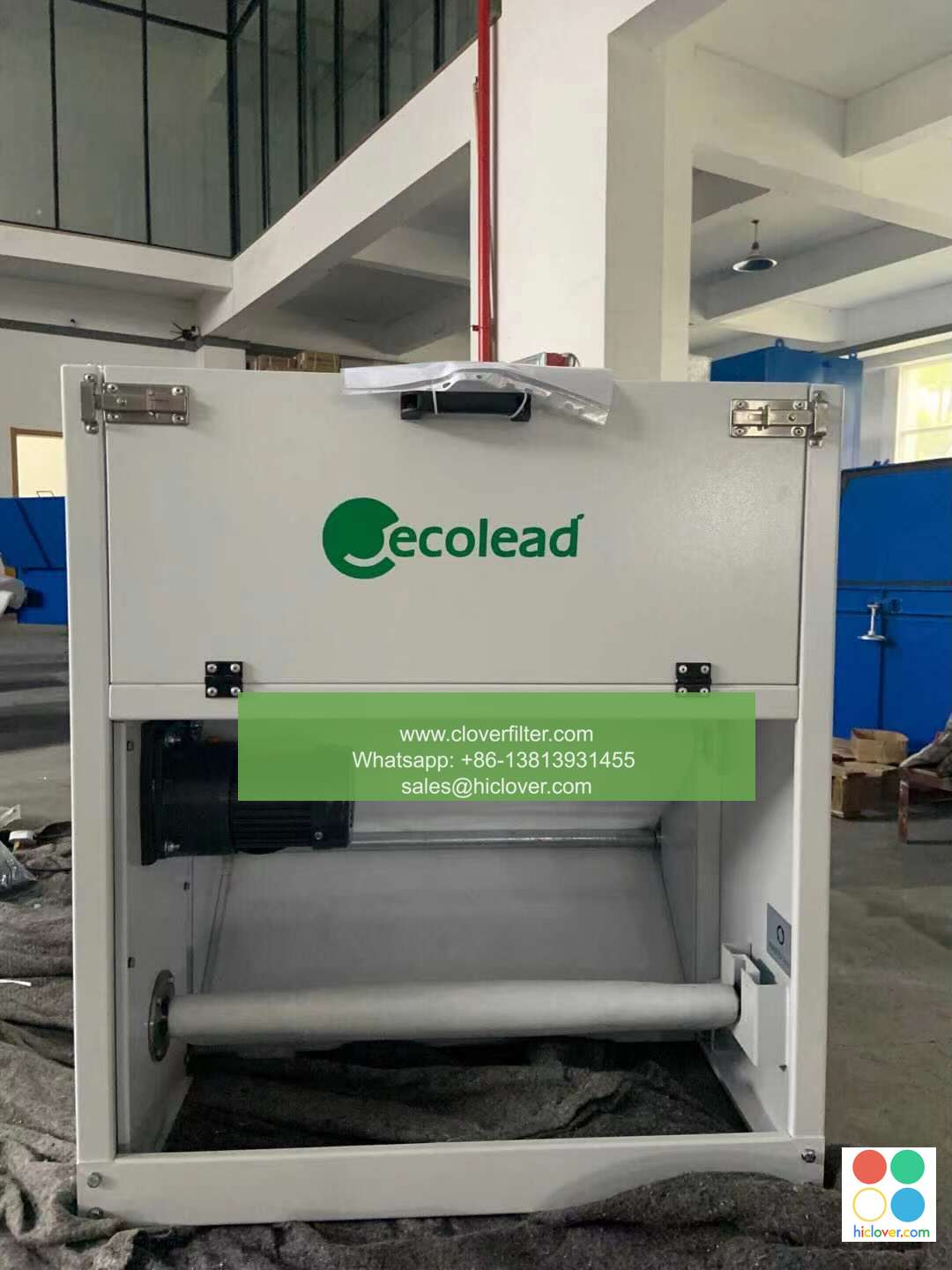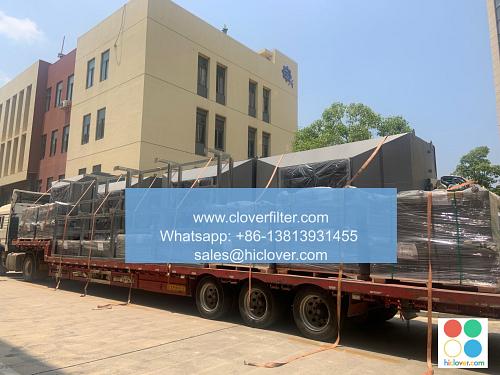The Impact of Air Filters on Indoor Air Quality in Offices

Indoor air quality (IAQ) is a crucial aspect of a healthy and productive office environment. The air we breathe indoors can be 2-5 times more polluted than outdoor air, according to the United States Environmental Protection Agency (EPA). One of the most effective ways to improve IAQ is by using high-quality air filters. In this article, we will explore the impact of air filters on indoor air quality in offices and discuss various application areas.
Air Pollution Sources in Offices
Offices can be a breeding ground for indoor air pollutants, including volatile organic compounds (VOCs), particulate matter (PM), and microbial contaminants. Common sources of air pollution in offices include:
* Office equipment: printers, copiers, and computers can release VOCs and PM
* Building materials: paints, adhesives, and furnishings can emit VOCs
* Human activity: human respiration, skin cells, and clothing can introduce biological contaminants into the air
* Outdoor air pollution: pollutants from outdoor air can enter the office through ventilation systems or open windows
The Role of Air Filters in Improving IAQ
Air filters play a vital role in removing pollutants and improving indoor air quality. By installing high-quality air filters in office heating, ventilation, and air conditioning (HVAC) systems, businesses can:
* Remove airborne pollutants: air filters can capture 99.97% of particles as small as 0.3 microns, including PM2.5 and PM10
* Reduce VOCs and odors: air filters with activated carbon or other adsorbent materials can remove VOCs and unpleasant odors
* Prevent microbial growth: air filters can prevent the growth of mold, bacteria, and other microorganisms that can thrive in damp environments
Application Areas for Air Filters in Offices
Air filters can be applied in various areas of an office to improve indoor air quality, including:
* Central HVAC systems: installing air filters in central HVAC systems can remove pollutants from the air and improve overall IAQ
* Portable air purifiers: using portable air purifiers in individual offices or common areas can provide additional air cleaning and improve local IAQ
* Computer rooms and data centers: air filters can help remove heat and pollutants from computer equipment, reducing the risk of overheating and equipment failure
* Conference rooms and meeting spaces: air filters can improve IAQ in areas where people gather, reducing the risk of airborne illnesses and improving productivity
Benefits of Improved IAQ in Offices
Improving indoor air quality in offices can have numerous benefits, including:
* Improved productivity: a healthy and comfortable indoor environment can boost employee productivity and job satisfaction
* Reduced absenteeism: by reducing the risk of airborne illnesses, businesses can reduce absenteeism and improve employee well-being
* Enhanced reputation: businesses that prioritize indoor air quality can enhance their reputation and attract top talent
* Cost savings: improving IAQ can reduce energy consumption, extend equipment lifespan, and reduce maintenance costs
Conclusion
In conclusion, air filters play a critical role in improving indoor air quality in offices. By removing airborne pollutants, reducing VOCs and odors, and preventing microbial growth, air filters can create a healthier and more productive work environment. By applying air filters in various areas of an office, businesses can reap numerous benefits, including improved productivity, reduced absenteeism, and enhanced reputation. As the importance of indoor air quality continues to grow, it is essential for businesses to prioritize IAQ and invest in high-quality air filters to create a healthier and more sustainable office environment. You haven’t asked a question or provided a prompt for me to respond to. Please provide more context or information so I can give you a helpful and accurate response. What would you like to talk about?

